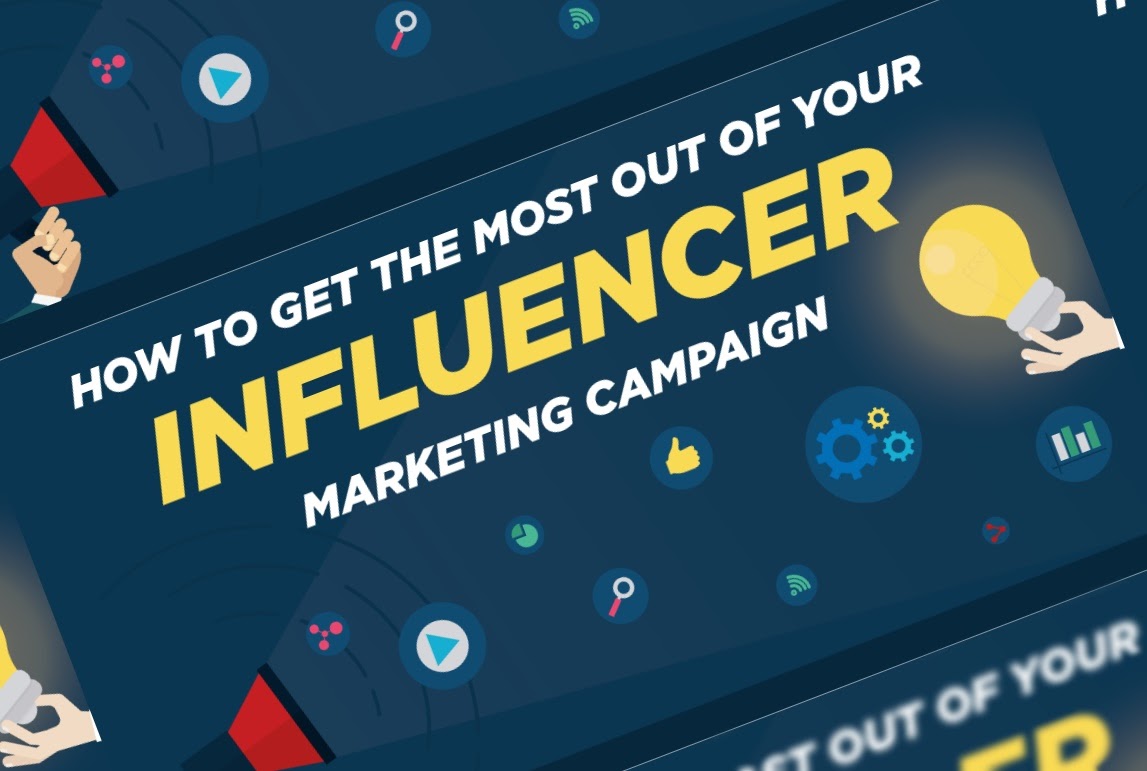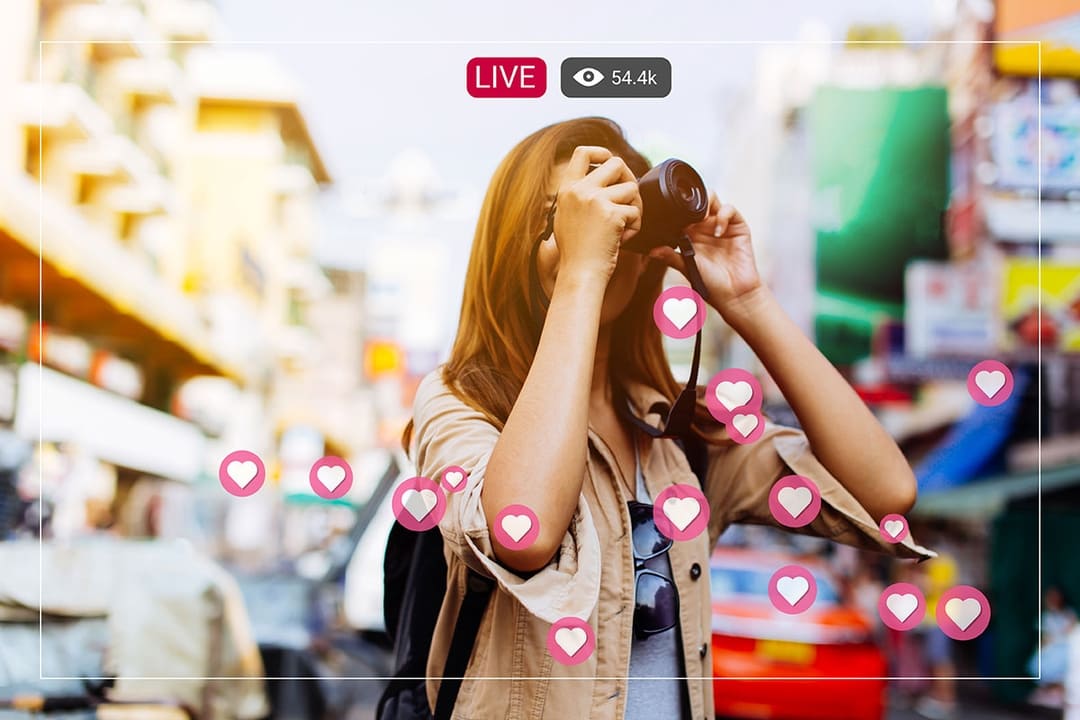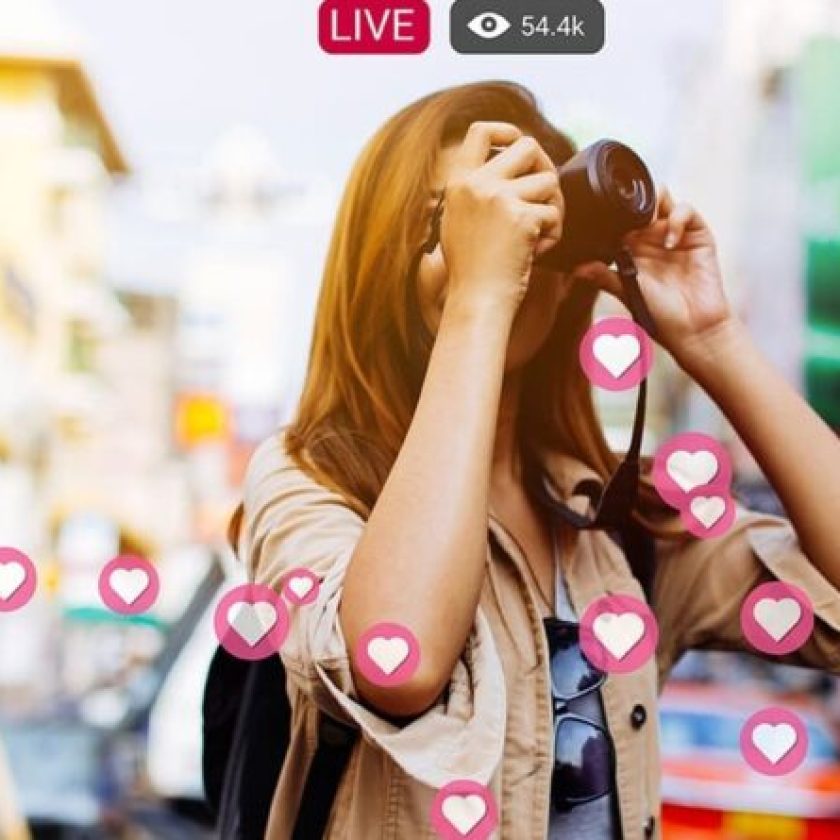In today’s digital age, traditional marketing methods have evolved into more dynamic and personalized approaches. One such strategy that has gained immense popularity is influencer marketing. It leverages the credibility and reach of individuals with a substantial online presence to promote products or services. In this blog, we’ll delve into the world of influencer marketing campaigns, exploring what they are, why they matter, and how they work.
What Is an Influencer Marketing Campaign?
An influencer marketing campaign is a strategic marketing approach that involves partnering with influencers—individuals with a significant and engaged following on social media platforms—to promote a brand, product, or service. These influencers have established themselves as authorities or personalities within specific niches, such as fashion, beauty, travel, fitness, technology, and more.
The core idea behind influencer marketing is to tap into the influencer’s credibility, authenticity, and relationship with their audience. Top marketing influencers provide valuable insights and strategies, influencing marketing trends and fostering professional growth within the industry By doing so, brands can effectively convey their message, gain exposure to a targeted audience, and potentially drive desired actions, such as product purchases or engagement with their content.
Why Do Influencer Marketing Campaigns Matter?

source: blogspot.com
Influencer marketing campaigns have emerged as a powerful and essential component of modern marketing strategies for several compelling reasons:
Authenticity and Trust:
Consumers increasingly value authenticity in brand messaging. Influencers often build genuine connections with their followers, fostering trust and credibility. When an influencer authentically promotes a product, their audience is more likely to trust the recommendation.
Expanding Reach:
Influencers have cultivated dedicated and engaged follower bases, which can range from thousands to millions. Collaborating with influencers allows brands to extend their reach to an audience that might be otherwise challenging to access.
Targeted Marketing:
Influencers typically specialize in specific niches or industries. This specialization enables brands to precisely target their ideal audience based on demographics, interests, and behaviors. It’s a highly efficient way to reach potential customers who are genuinely interested in what the brand offers.
Diverse Content Formats:
Influencer marketing isn’t limited to one type of content. It encompasses a variety of formats, including blog posts, Instagram posts, YouTube videos, podcasts, and more. This versatility allows brands to tailor their campaigns to the preferences of their target audience.
Measurable Results:
In the digital age, metrics and data analytics play a vital role in marketing campaigns. Influencer marketing campaigns are no exception. Brands can track and measure the performance of their campaigns, providing valuable insights into return on investment (ROI) and customer engagement.
TheBlogists is your go-to destination for insightful articles, expert advice, and the latest trends in blogging. Whether you’re a seasoned blogger or just starting, we’ve got you covered with valuable resources to help you succeed in the digital realm.
How Do Influencer Marketing Campaigns Work?

source: pinterest.com
The process of executing an influencer marketing campaign involves several key steps:
Define Objectives:
Brands must establish clear and measurable objectives for their influencer marketing campaigns. These objectives can include increasing brand awareness, driving website traffic, generating leads, boosting sales, or promoting a specific product or service.
Identify Influencers:
Once the objectives are defined, brands need to identify suitable influencers. This involves researching influencers whose audience demographics and interests align with the campaign’s goals.
Outreach and Collaboration:
Brands reach out to influencers to propose collaboration. Negotiations may include compensation, deliverables (e.g., posts, videos, stories), and the campaign’s timeline. It’s essential to ensure that the influencer’s values align with the brand’s message and image.
Content Creation:
Influencers create content that incorporates the brand’s product or service in an authentic and engaging manner. This content can take various forms, including reviews, tutorials, unboxing videos, or lifestyle photos.
Publish and Promote:
Influencers publish the content on their respective platforms, reaching their audience. They may promote it through their social media channels, blog, or other mediums.
Monitor and Measure:
Throughout the campaign, brands monitor the performance of the influencer’s content using metrics such as engagement, click-through rates, and conversion rates. This data helps assess the campaign’s success and make necessary adjustments.
Build Relationships:
Maintaining a positive and collaborative relationship with influencers is crucial for long-term success. Brands may continue working with influencers who align well with their values and consistently deliver results.
Real-World Examples of Influencer Marketing Campaigns

source: pinterest.com
To illustrate the effectiveness of influencer marketing campaigns, let’s explore some real-world examples:
Daniel Wellington’s Micro-Influencer Strategy:
Daniel Wellington, a Swedish watch brand, partnered with micro-influencers who had smaller but highly engaged followings. This approach created an authentic and relatable image for the brand, resulting in substantial growth.
Glossier’s Community-Driven Approach:
Beauty brand Glossier actively engages with its customers and encourages user-generated content. This approach has turned their customers into influencers themselves, fostering a sense of community and authenticity around the brand.
Coca-Cola’s “Share a Coke” Campaign:
Coca-Cola’s “Share a Coke” campaign personalized their product by printing common first names on Coke bottles. They encouraged consumers to share pictures with their personalized bottles on social media. This campaign not only increased product sales but also generated immense social media buzz.
Nike’s Inspirational Campaigns with Athletes:
Nike has a long history of partnering with athletes as influencers. Their campaigns featuring legendary athletes like Michael Jordan, Serena Williams, and Cristiano Ronaldo transcend product promotion. They embody values like determination, excellence, and achievement, making Nike’s products more than just athletic gear—they become symbols of inspiration and aspiration.
Fenty Beauty’s Inclusivity Embrace:
Rihanna’s makeup brand, Fenty Beauty, disrupted the beauty industry by promoting inclusivity and diversity. They collaborated with influencers representing various skin tones and ethnicities, sending a strong message about the importance of inclusive beauty.
Influencer marketing and customer effort score

source: website-files.com
Influencer marketing and Customer Effort Score are two critical concepts in the realm of modern business and marketing. Let’s delve into each of them to understand their significance and how they relate to one another.
Influencer Marketing:
Influencer marketing has witnessed an exponential rise in recent years, transforming the way brands connect with their target audience. It is a strategic approach wherein brands collaborate with individuals, often referred to as “influencers,” who have amassed a significant and engaged following on social media platforms and other online channels.
Customer Effort Score:
Customer Effort Score is a metric used to measure the ease with which customers can complete a specific task or achieve a goal when interacting with a brand. It provides insights into how effortless or cumbersome a customer’s experience was. The fundamental idea behind CES is that reducing customer effort leads to higher customer satisfaction and loyalty.
Influencer marketing and GPS Tracker
influencer marketing and GPS trackers have both emerged as highly influential and transformative elements in various industries. These two concepts, while seemingly unrelated, play distinct roles in different domains.
Conclusion
Influencer marketing campaigns have become a driving force in modern marketing. They offer a potent combination of authenticity, reach, and targeted messaging that resonates with today’s consumers. By partnering with influencers whose values align with their own, brands can effectively engage their target audience, drive conversions, and build long-lasting relationships in the digital age. As influencer marketing continues to evolve, it remains a compelling strategy for businesses looking to thrive in the ever-changing landscape of online marketing.





